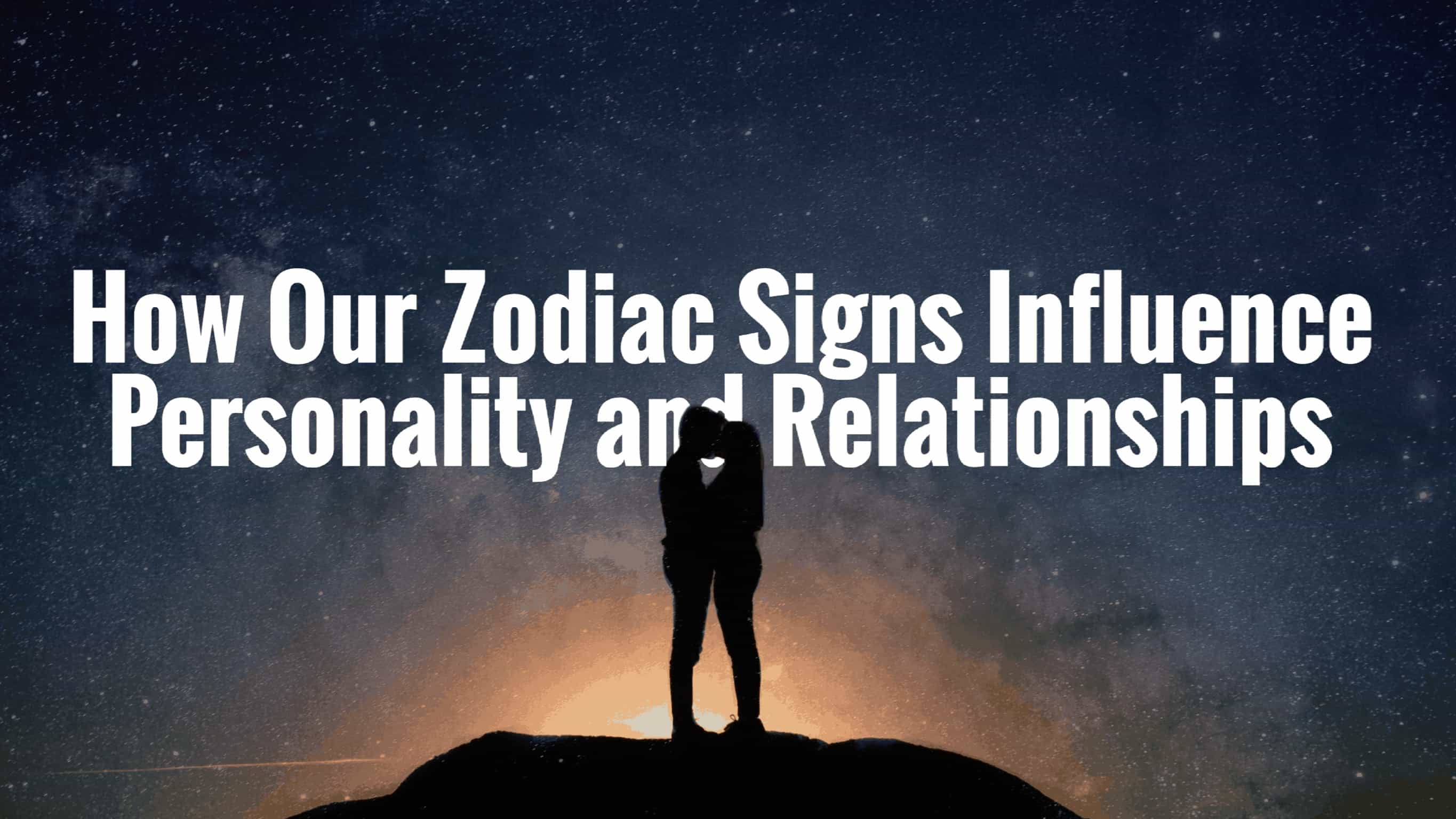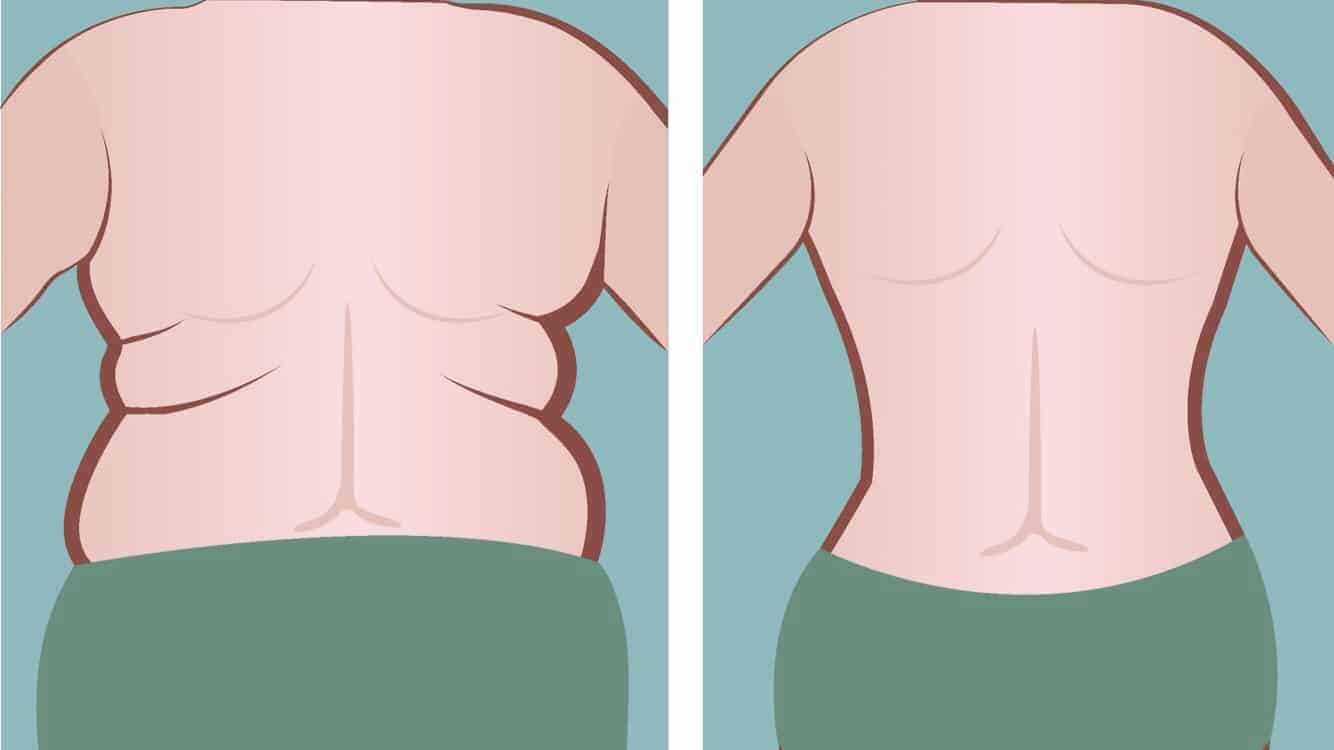So, you want to eat more healthy foods, but the cravings for snacks and junk seem overwhelming. We’ve all been there, trying to improve our lives and health with so many temptations calling our names.
It seems easier to give in to our vices in modern society, but they only provide temporary happiness. Long-term fulfillment comes from self-control and discipline, which doesn’t sound very enticing to many people.
However, by eating healthy foods and taking care of yourself, you’ll feel a subtler, more permanent type of happiness. Sense pleasures, such as food, drinks, TV shows, and even relationships, are all fleeting in nature. The only permanence lies in the soul; believe it or not, eating well takes you closer to your inner self.
As spiritual beings having a human experience, we owe it to ourselves to care for our temporary vessels. Eating fresh, light foods like fruits and vegetables will make your inner light shine much brighter. Even if you don’t care about spirituality, nutritious foods also enhance mental and physical health.
If you struggle to follow a balanced eating plan, please don’t give up. Below are a few tips on rewiring your brain to crave nourishing foods.
How to Rewire Your Brain For Health
Whether you realize it or not, your brain requires immense energy to function correctly. In fact, the brain uses more energy than any other organ, accounting for roughly 20% of the body’s total consumption. That equates to around 400-500 calories per day, although it varies from one activity to another. Simply put, it takes a lot of energy to think! That’s why most people crave high-calorie, dense foods after a long day of mental exertion.
Unfortunately, these fatty, high-carb foods don’t promote optimal health in the long term. While they provide a quick burst of energy, they come with many downsides, such as an increased risk of heart disease, strokes, diabetes, and more. The mind and body need balanced energy sources from carbs, fat, and protein to function properly. Most Americans eat far too much of the first two and not nearly enough of the latter.
However, protein helps with many critical functions in the body and promotes weight loss. Protein takes longer to digest than carbohydrates, so your body will have a stable, long-lasting energy source. Not to mention, a high protein intake increases metabolism and reduces hunger signals. So, one way to reduce cravings and train your brain to eat healthy involves upping your protein consumption.
Foods that contain the most protein include the following:
- Eggs (6 grams per large egg)
- Almonds (One ounce = 6 grams of protein)
- Chicken breast (26g for 1/2 a breast)
- Cottage cheese (One cup provides 28g of protein)
- Greek yogurt (7oz provides nearly 20g of protein)
- Dairy milk (One cup contains over 8g)
- Lentils (About 1/2 cup of cooked lentils contains 9g of protein)
- Lean beef (A 3oz serving provides about 25g)
- Salmon (1/2 a fillet offers 30g of protein)
- Cod (A whole fillet provides 41g)
- Turkey breast (A 3oz serving contains 25g of protein)
Learn to Associate Healthy Food With Positive Outcomes
Another way to rewire your brain for healthy eating involves changing your perception of nutrition. Equating nutritious foods with rewards such as weight loss, compliments from friends, and enhanced energy motivates you to adopt healthier habits. One study confirmed that we could train our brains to desire nourishing foods with this simple trick.
For the study, researchers showed photos of healthy and unhealthy foods to overweight and obese adults. The healthy foods included lean meats, fruits, and vegetables, while harmful items included burgers, chips, and cakes. Next, the research team analyzed their brain activity using an fMRI machine.
Not surprisingly, brain areas associated with rewards lit up when participants looked at the photos of unhealthy foods. The participants also said they craved these foods more than the nutrient-dense options.
For the next portion of the study, some participants went on a low-fat, high-fiber diet for six months. The participants also had counseling sessions to help them practice positive lifestyle habits. After the follow-up period, many participants lost weight compared to the control group.
Researchers scanned their brains again to see how they would react to the food pictures. This time, when they showed participants unhealthy food photos, their brains’ reward centers had less activity. However, viewing healthy foods activated their reward regions more than before they began the diet.
Scientists believe that since the participants experienced positive changes associated with healthy foods, they no longer craved anything else. They saw firsthand how the greasy, fattening options created disease in the mind and body. Therefore, burgers and fries seemed less appealing once they noticed the benefits of eating salads, fruit, and other nutrient-dense foods.
Lessons to take away from the study:
Participants began attributing the unhealthful foods to adverse outcomes, such as weight gain, energy loss, and low self-esteem. Healthy foods became more enticing as they associated them with positivity, compliments from friends, and looser-fitting clothes. So, this study offers several important lessons to remember if you want to rewire your brain for health.
- Change the way you think about natural foods. Most people think of fruits and vegetables as bland or unpalatable. However, offering gratitude to the universe for providing foods to maintain your body puts things into perspective. It also will make unhealthy foods less desirable over time.
- Remember that small changes lead to significant results. In the age of instant gratification, it helps to remember that nothing worth having comes easily. It takes consistent effort over a long period to see results, which turns many people away from healthy lifestyles. They want rewards quickly, not realizing they won’t gain anything by giving up before they’ve even started. So, make sacrifices now if you want to reap the benefits down the road. Your hard work will pay off eventually!
Final Thoughts on How to Crave More Healthy Foods
Sadly, many people quit their diets and exercise routines before seeing results. The modern era has ruined the idea of willpower because we’re obsessed with instant gratification. However, if you want to rewire your brain for health, you must consider long-term results. By sacrificing destructive habits and remaining persistent, you can achieve improved well-being.

















